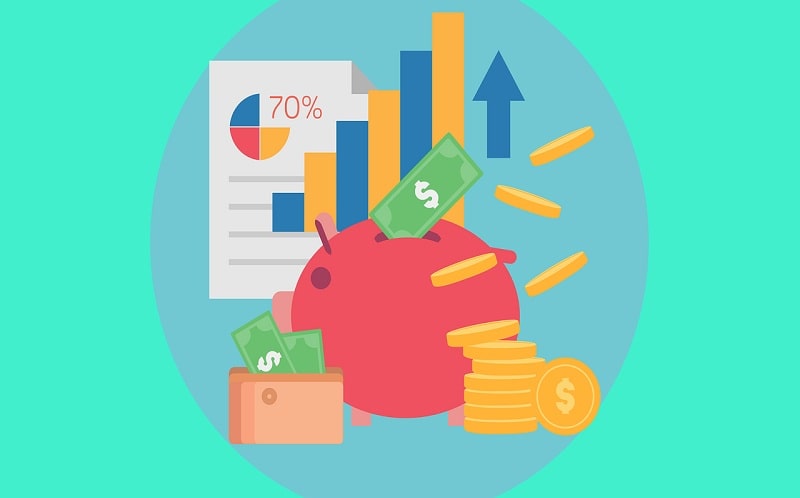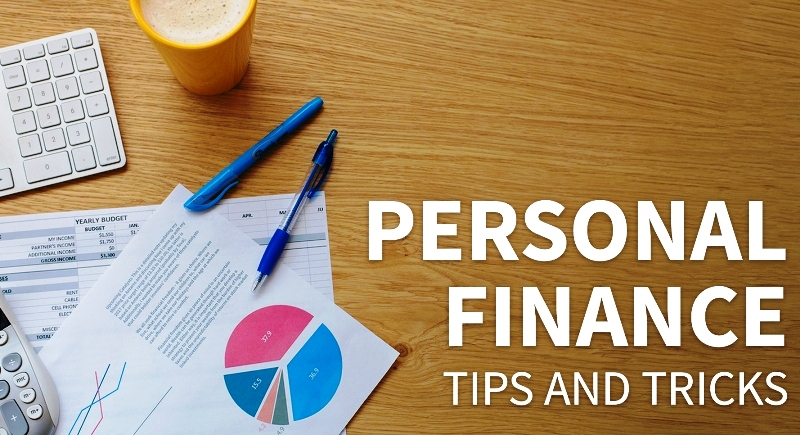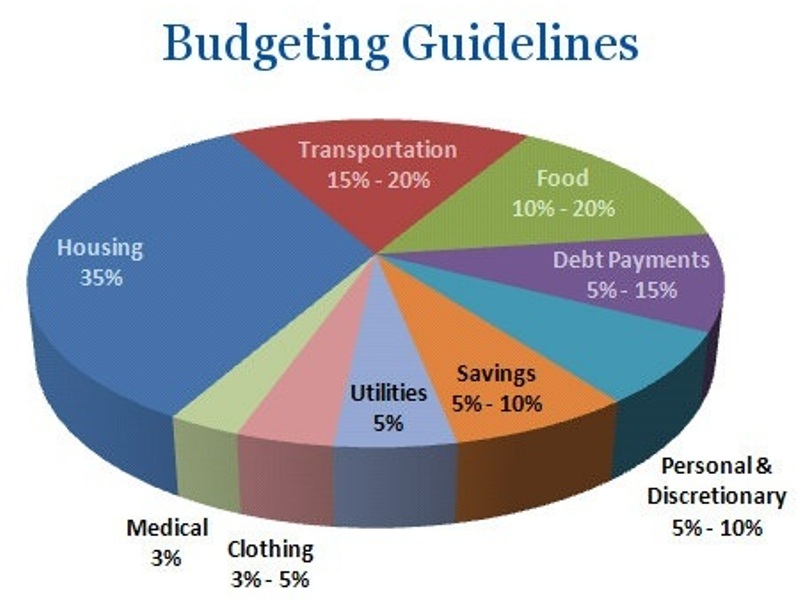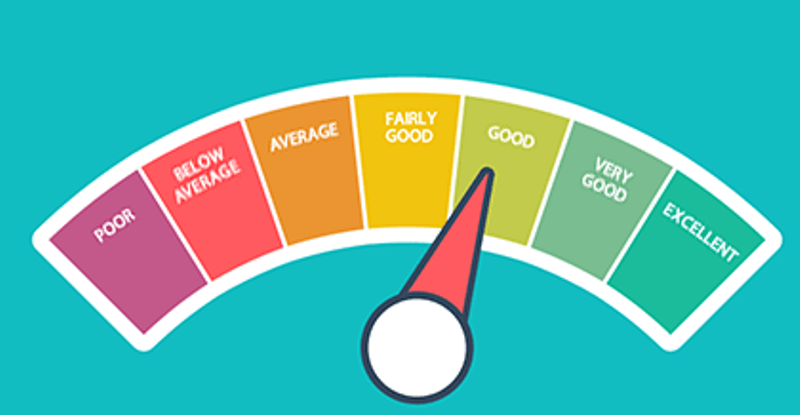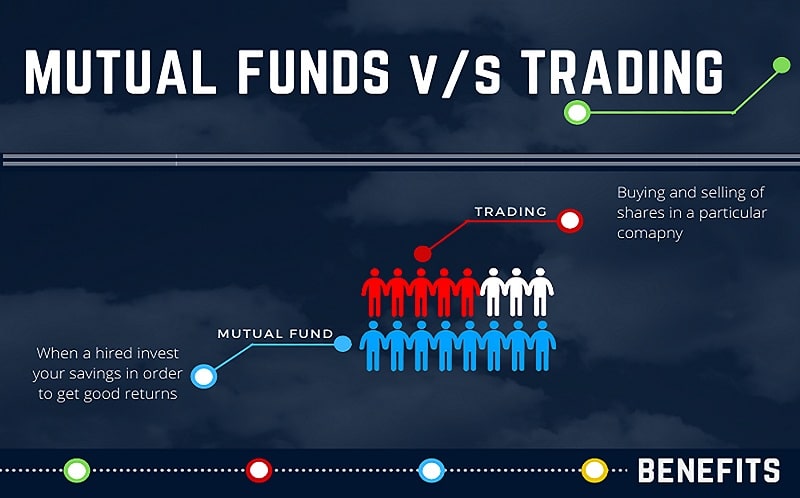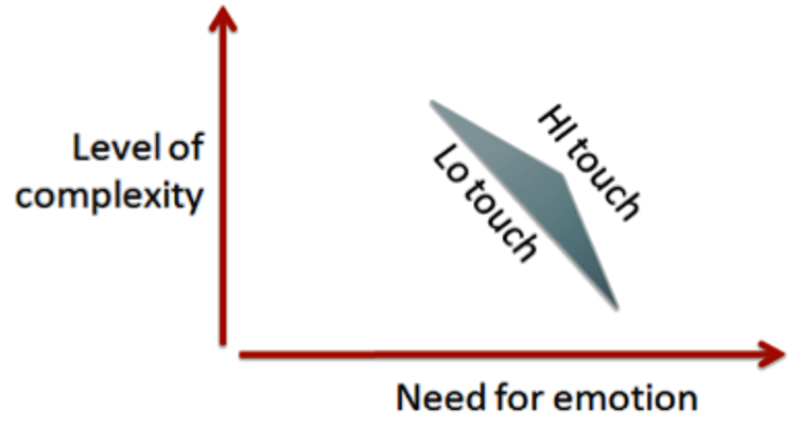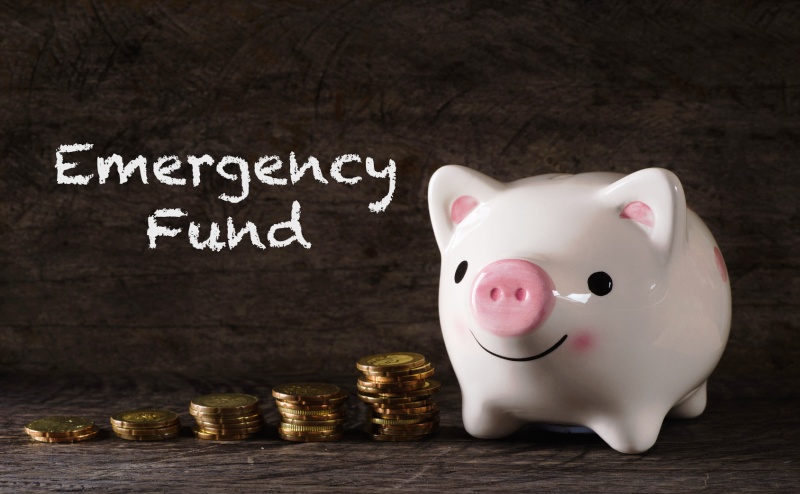People who have begun to pay more attention to their finances are often left without support. Relatives and relatives do not understand them, temptations arise everywhere. Stumbling, they begin to reproach themselves, trying to catch up and begin to save even more, thereby turning the management of personal money into stress. The successes of others cease to inspire and only upset, giving rise to doubts about one’s own strengths.
We all focus on our goals and our ideas about success are not the same. It is better not to evaluate your own achievements in comparison with how much more to be done. Look back and see that you have moved far enough. Most of the compatriots live from wages to salaries, have various kinds of debts, and in case of sudden need, they do not have anywhere to take money.
Your smartest way to personal money management
- You know exactly how much you earn, what assets you have and set several goals for personal finance.
- You pay your bills in time every month (with rare exceptions) and constantly worry that your debts are growing, it is not necessary.
- Standing in line at the cash register at the grocery store, you do not need to check if there is enough money to pay for these purchases. You know exactly the state of your wallet and bank account.
- In your smartphone installed and daily used, at least one application that helps to deal with harmful financial habits or keep concentration on the way to the goal.
- Each month, you put money aside for savings, even if it’s only a few hundred currencies.
- If you cannot afford something, say “no” right away, instead of trying to find a compromise and still meet the burning desire to spend money.
- You know what a reserve fund is and why it is vital. Your own money reserve for an emergency is replenished regularly.
- • You are well aware that managing personal money becomes easier if you save it by automatically transferring the required amount to a separate account. The less you see your money, the less temptation to spend it.
- Buying products, you know that you will cook from them, use the list and never go grocery shopping to grocery stores.
- You are preparing to invest and create a separate account for the needs of a future pension. If finance is not enough, you are studying these issues and you know how to achieve such goals, if possible.
- You are working to create a source of additional income or seek to get promotions to increase financial flow.
- You keep an eye on your expenses, check your checks and bank statements to make sure you do not pay too much.
Recognize income and expenses
To manage the data, they must first be collected. So with finance – to understand how much we can put off on a financial target, we need to know our capabilities. In most cases, we have room for maneuver; we just need to carefully calculate everything. First, you need to monitor all income and for our expenses. Expenditures need to be tightly controlled for 1-2 months to determine the categories and amount of spending. The next step is to analyze all costs, and think about where we spend extra, and for what article we are missing.
Spend less than you get
To start investing we need free money. For this, you need to somehow “liberate” them. The easiest way is to spend less than you earn. The remaining money we can invest in various accumulation instruments for retirement, collect with their help a financial pillow for an emergency and other important purposes.
Invest regularly
In investments, discipline is important. At the same time, it is important not only to keep track of your income and expenditure but also regularly invest a certain amount. It is better to postpone now for a bit, but monthly than rarely and a large sum. It will always be tempting to postpone less. There will be an unforeseen waste and want to pinch a piece of a large amount. So, it is difficult not to let slack under any circumstances. To do this, you must have the same invulnerable reserve, about which it is written above – the buffer. The buffer will help to spend on unforeseen, without affecting investments.
Start investing as early as possible
This principle works in tandem with the previous one. The earlier we start investing, the longer we have to retire or another financial goal we have. This explains the formula of compound interest. It involves the number of contributions, the term of savings and the rate of the investment instrument. Therefore, if we increase the accumulation period, we either accumulate a large amount, or we can reduce the monthly installment for the remaining fixed parameters. Such magic is a compound interest.
Conclusion: Follow the plan
The best result is achieved by those investors who have a plan. All as athletes – if there is a training program, the results will be better than if you deal on a case-by-case basis and every time with an arbitrary program. Therefore, each investor needs a financial plan and strategy for work on it. For each plan, you need to find the tools that will help achieve the intended financial goals with the least risk and the best return.
We earn money in order to provide ourselves with food, accommodation, entertainment. But we cannot always earn money – in old age we will not be able to work, increase capital, and we will have a stable source of income. Still, there are illnesses, unforeseen problems in which case at once it is necessary a lot of money, and from their work to not receive. The purchasing power of money is constantly decreasing due to inflation.





